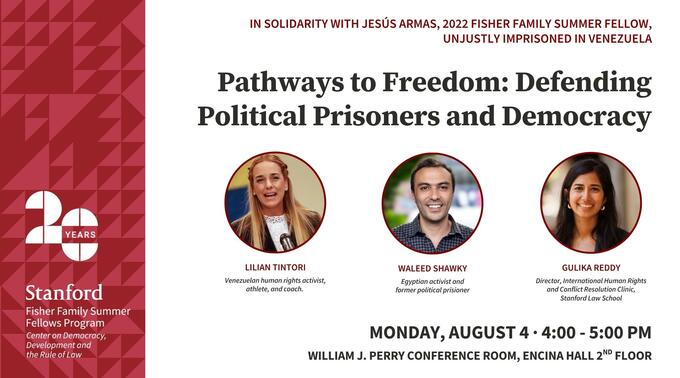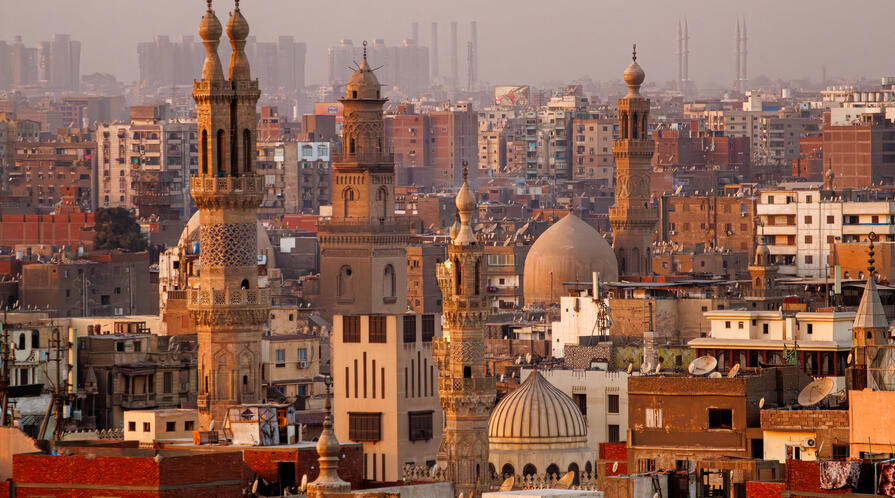Haddad emphasized that while many Syrians welcomed the end of Assad’s decades-long rule, the transition has raised serious concerns about the country’s future. Over time, Assad’s regime had become weakened by corruption, economic decline, and an inability to provide basic services. By late 2024, Syria’s military was fragmented, demoralized, and lacked external support. When HTS forces advanced into Aleppo, Homs, and Damascus, the Syrian Army largely dissolved without significant resistance.
A key factor in Assad’s downfall was the unexpected inaction of his traditional allies. Russia, Iran, and Hezbollah — longtime backers of the regime — did not intervene. Iran, facing domestic unrest and wary of escalating tensions with Israel and the U.S., chose to stay out. Hezbollah, weakened by clashes with Israel, lacked the resources to help. Russia, preoccupied elsewhere, had seemingly accepted Assad’s fate. The lack of resistance suggests that the transfer of power may have been prearranged rather than a purely military victory.
The most immediate turning point came when Israel launched airstrikes that destroyed over 80% of Syria’s remaining military infrastructure. Notably, neither HTS nor other international actors responded to these strikes, fueling speculation about behind-the-scenes agreements between Turkey, Qatar, and Western powers.
With Assad gone, Ahmad Al-Shara, the leader of HTS, was declared Syria’s new president. However, Haddad noted that this transition was neither democratic nor transparent. Al-Shara, who was previously affiliated with Jabhat Al-Nusra (Al-Qaeda’s Syrian branch), has rebranded himself as a moderate leader, promising inclusion and reform. However, Haddad pointed to major contradictions between his words and actions. The Syrian Army and security services have been dissolved, leading to concerns over instability. Government positions have been filled by HTS loyalists, excluding secular and nationalist opposition. Additionally, the new military structure requires recruits to undergo Sharia law training, raising fears about the ideological direction of the new government.
Syria’s transition is also deeply shaped by regional and international power struggles. Haddad stressed that HTS could not have taken power without Turkey’s approval. Turkey, focused on containing Kurdish forces in northern Syria, has played a key role in shaping post-Assad politics. Meanwhile, the U.S. recently announced its military withdrawal from Syria, leaving Kurdish forces vulnerable to both HTS control and Turkish expansion. Qatar and other Gulf states are increasingly involved in shaping Syria’s economy and political trajectory.
Looking ahead, Haddad identified five critical challenges that will determine Syria’s future:
- Sovereignty and territorial integrity – Can Syria reclaim full control of its territory, or will it remain influenced by foreign actors?
- Inclusion and transparency – Will the new government allow for democratic participation, or will HTS consolidate power?
- Economic recovery – Sanctions and economic devastation pose serious obstacles to stability.
- Rule of law and governance – No clear roadmap exists for elections, legal institutions, or constitutional reforms.
- Rebuilding and refugee return – Over five million Syrian refugees remain abroad, with no structured plan for their safe return.
While Assad’s downfall marks a historic moment, Syria’s future remains uncertain and fragile. Many Syrians who once celebrated the regime’s collapse now fear that HTS’s dominance will not bring real change. The gap between promised reforms and actual governance policies has fueled skepticism.


























